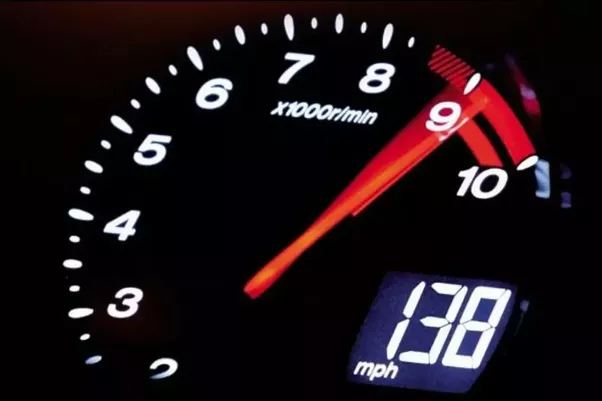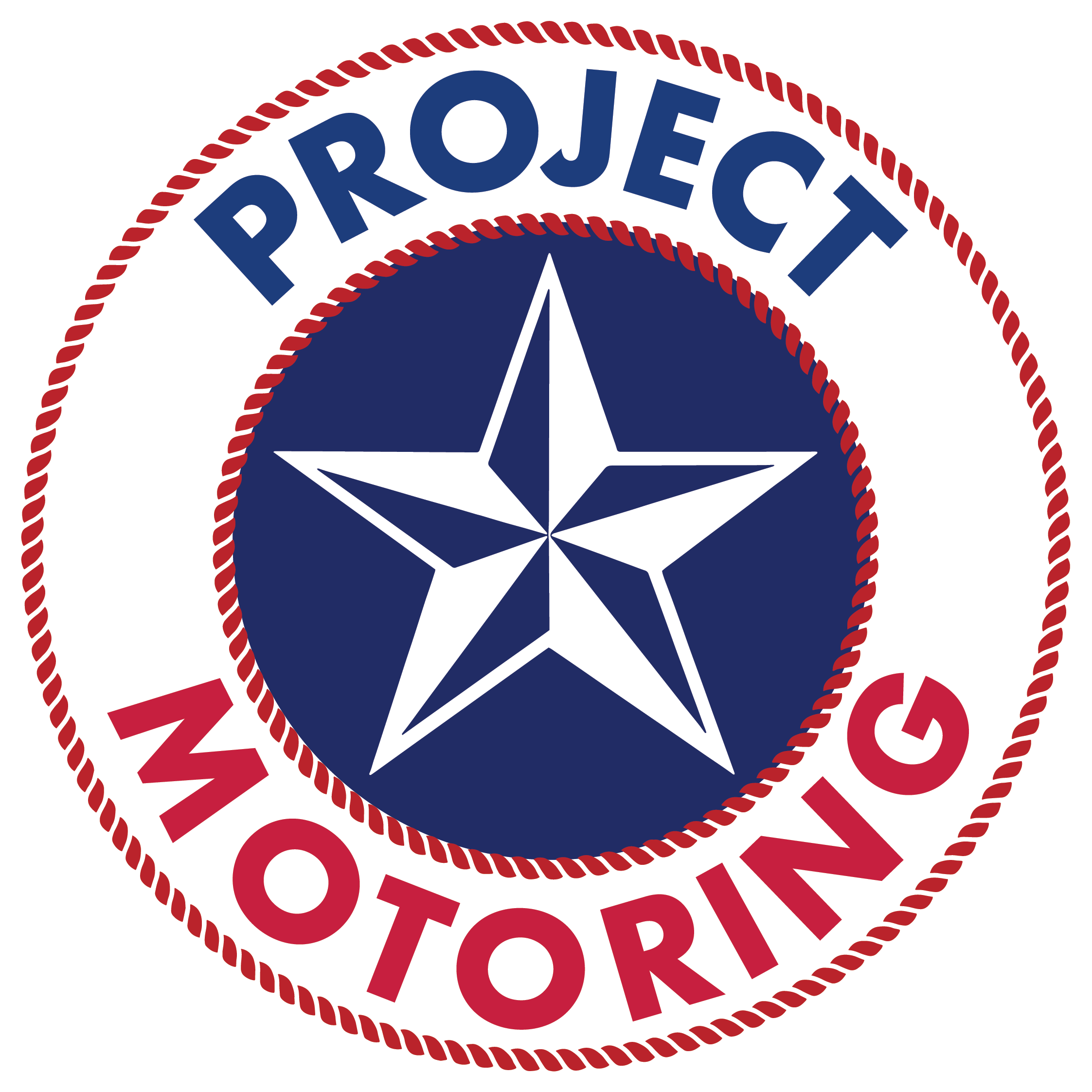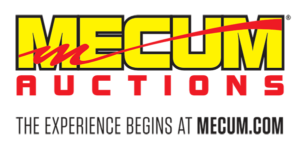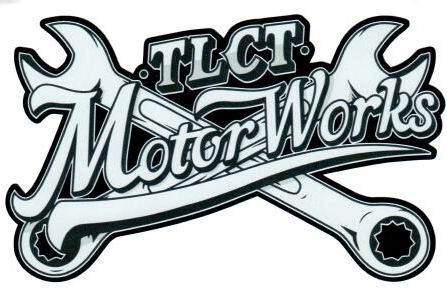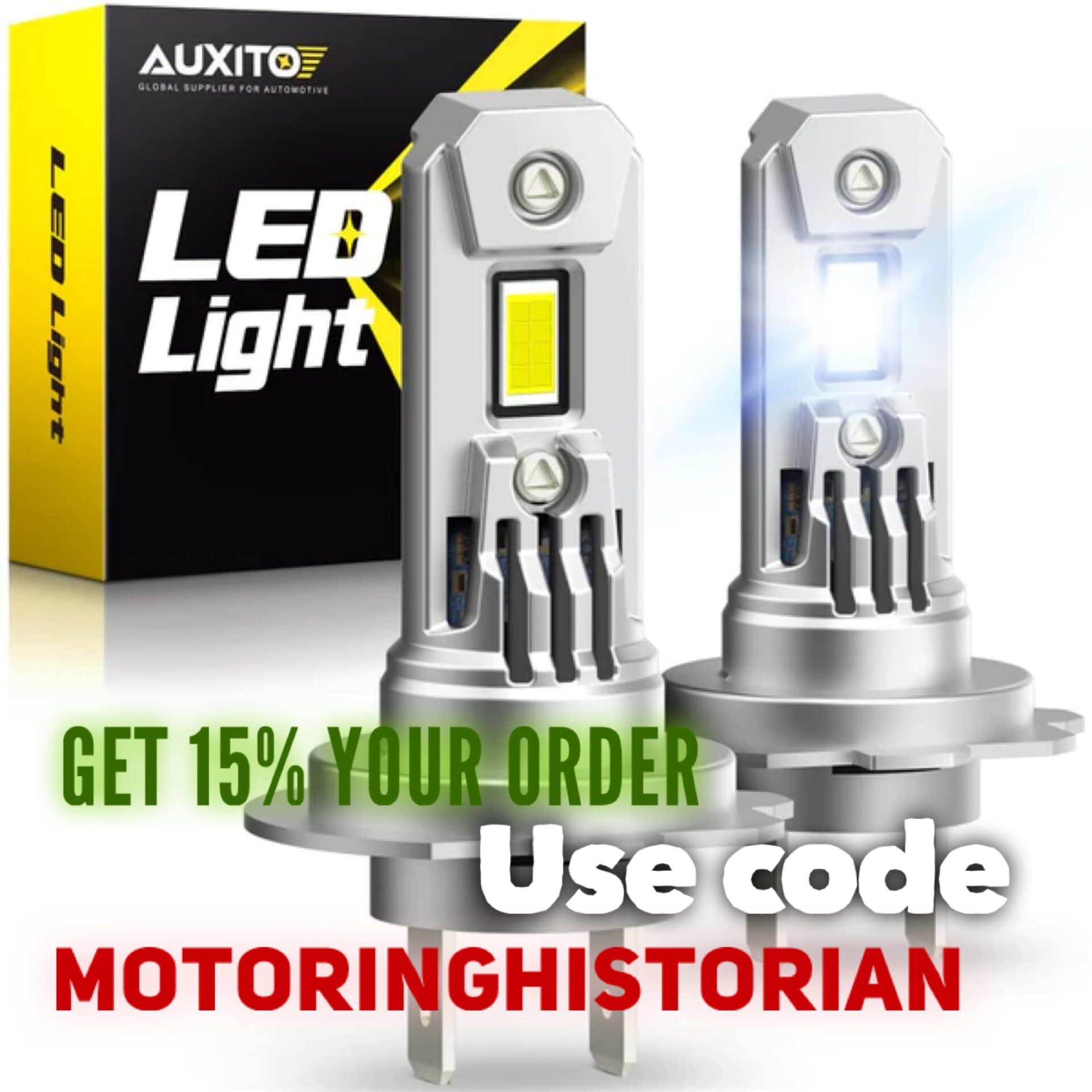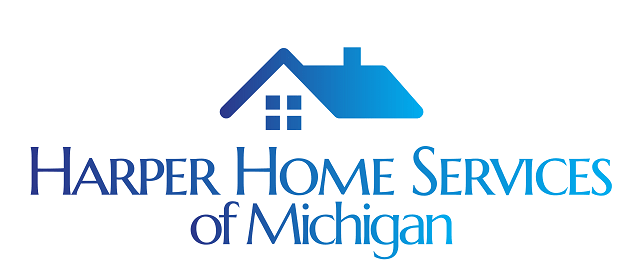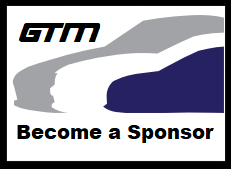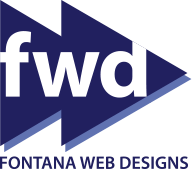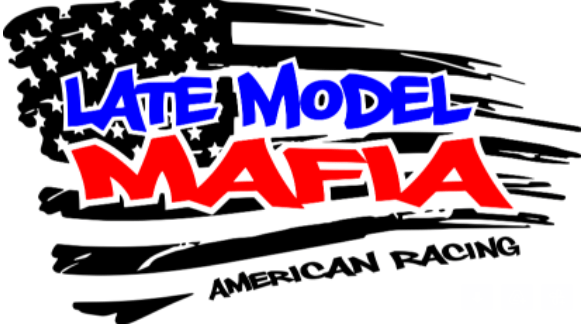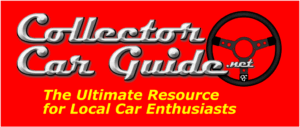High performance driving requires intense concentration and focus, often leading to ignoring important signals your vehicle might be sharing with you. Here is a quick guide to the “7 deadly sounds” that you should become familiar with when operating a vehicle.
“Coins in the Dryer”
If you can identify a sound reminiscent of “coins in the dryer” coming from your wheels, there is a strong possibility that your lug nuts/bolts might be improperly torqued. Pull off as soon as possible. Remember to never tighten lugs while they are hot, you may run the risk of stripping or breaking a lug bolt (or stud). If you feel that a wheel is beginning to “wobble” you should reduce speed immediately and pull off as there is a chance you may have lost a lug or the wheel is now completely loose. Trackside Tip: if you think a wheel is “loose” it might not be advisable to pull off track because going off-road might make the issue worse; reduce your speed, stay off-line, turn on your flashers and limp to the pits.
“Squealing, Grinding or Growling”
This sound usually comes from the brakes (and more specifically the pads). In everyday conditions squealing brakes is usually an indicator that your pads are getting close to the end of their effective use and the recommendation is to replace them soon. Trackside Tip: “brakes squeal because racecar” but that’s not the end of it. In both cases, be mindful of a heavy grinding or growling sound coming from the pads, this is a clear indication that you’ve exceeded your pads usefulness and could be running on bare metal or the backing plates.
A thumping, thudding or vibration in the steering only under braking is usually a good sign of brake material deposit (also known as: pad material transfer or build up); rotor “warping” or a possible rotor crack. Pull off as soon as possible and let the vehicle cool down before your begin inspecting the brake system. Look for fissures and pad edge bubbling as an indicator that parts are overheating and beginning to break down. Trackside Tip: a “creeeeek-bang or creeeeek-pop” from the brakes during that cool down period is also a sign that a rotor might have just cracked. You should replace it immediately.
“Finger-snapping, popping or clicking”
This type of sound is more common on a front-wheel-drive (or all-wheel-drive) vehicle especially during a turn. Usually the sound will “disappear” when the wheels are straight, this sound is indicative of a front CV (constant velocity) joint issue. Prolonged use of the vehicle going down the highway might not leave you stranded, but generally a turn into a parking spot will cause the CV to finally “snap” requiring you to replace the axle. The recommendation is to replace both the left and right axles as a pair so that they will “age” together and you won’t have to spend the time/money to do the job twice.
Trackside Tip: if you hear “popping, pinging, crackling” post-session while the car is parked, this is generally the exhaust system cooling down, and it’s one of the few things that is “normal” and you don’t need to be too concerned with.
“Rhythmic Squeaking”
A rhythmic squeaking that speeds up during acceleration could be a sign that there is something wrong with the universal joint, center bearing or differential — on a rear-wheel or all-wheel drive vehicle. These components are part of the “drivetrain” (more specifically: the driveshaft) which sends power from the front of the vehicle to the rear wheels. Generally, you can continue to drive the vehicle and “put up with the noise” for a while, however prolonged abuse could result in bearing failure leading to more serious issues and repairs.
“Howling, whining or singing”
Bearings. The trick is to determine … which ones? Bearing are metal components designed to help connected parts (usually pressed together parts) rotate smoothly, and there are two types of bearings used on a vehicle: Ball or Sleeve. On a front-wheel-drive or all-wheel-drive often issues with CV joints can be confused with wheel bearing issues as the “noise conditions” are nearly the same: the sound changes while turning. The key differentiator between CV noise and bearing noise is that bearings will begin to howl, low pitch at first, growing into an unbearable “airplane cabin” type of droning. You can continue to drive with worn bearings but be prepared to replace your hubs/spindles soon. If you have a rear-wheel-drive and the sound seems to come from the rear of the vehicle (while accelerating) there is a good chance it’s a problem with the differential and not the wheel bearings. Pull off and inspect the differential for signs of leaking. If the sound gets progressively worse do not continue to operate the vehicle.
“Underhood squealing”
During start-up or acceleration, this type of sound could mean that you need to inspect your pulleys, accessory or serpentine belts. Usually as the belts wear, they stretch and begin to slip creating a squealing sound. Trackside Tip: You can usually replace the accessory/serpentine belt yourself and a new belts can be picked up at a local parts store.
If you find that the belt isn’t the culprit, check and see if the sound is coming from: the alternator, power steering pump, water pump or air conditioning compressor. It’s often hard to pinpoint which of these peripherals is causing the sound, but there’s a good chance there is a bearing issue with one of them. Trackside Tip: if you can squirt some WD-40 or white-lithium grease into/onto the bearing area and the sound disappears or quiets, you’ve now been able to pinpoint the affected component.
There is also the possibility that if the squealing persists and none of the aforementioned diagnosis helps, have someone help you by turning the wheels left-to-right “lock-to-lock” and see if a “moaning” sound can also be heard. This is a sign that there is an issue with the power-steering system, either the pump or the rack. First check to make sure that the power steering fluid is properly topped off (follow your manufacturer recommendations for level and fluid type) and see if noise dissipates. If is doesn’t, now it’s time to enlist some additional help.
“Rhythmic clunking, tapping, pinging or banging”
Specifically coming from under the hood… Unfortunately these sounds mean there could be some serious issues going on in the engine compartment. Check for any MIL / CHKE lights on the dash and pull off immediately. If you have a scan tool, use it to help diagnose the severity of the problem. These types of sounds could be warning signs of issues with the valvetrain, connecting rods or pistons. If the problem can’t be diagnosed easily, do not continue to operate the vehicle.
Getting Help – Roadside Assistance
Admittedly it’s really hard to tell “what’s wrong” as sounds can often be tricky or deceiving but if you’re ever in doubt, pull over (or off track) and ask around for help. Trackside Tip: There are plenty of folks in the paddock with past experience and willingness to lend a hand. Some folks might urge you to “run it until it breaks, then you know what’s broken” and that’s totally within your right. And without getting into a track etiquette or ethics discussion: remember to do what makes sense but don’t go back out if you feel it may cause problems for other drivers. Safety first.
Lastly, if you’re ever stranded on the road, having Emergency Roadside Assistance can help you get to home or back to safety quickly. Check with your auto insurance company or services like AAA for options. Plans often costs pennies a day and are a great safety net long term.
Good luck, and remember to keep your ears tuned for these sounds while you’re driving.


